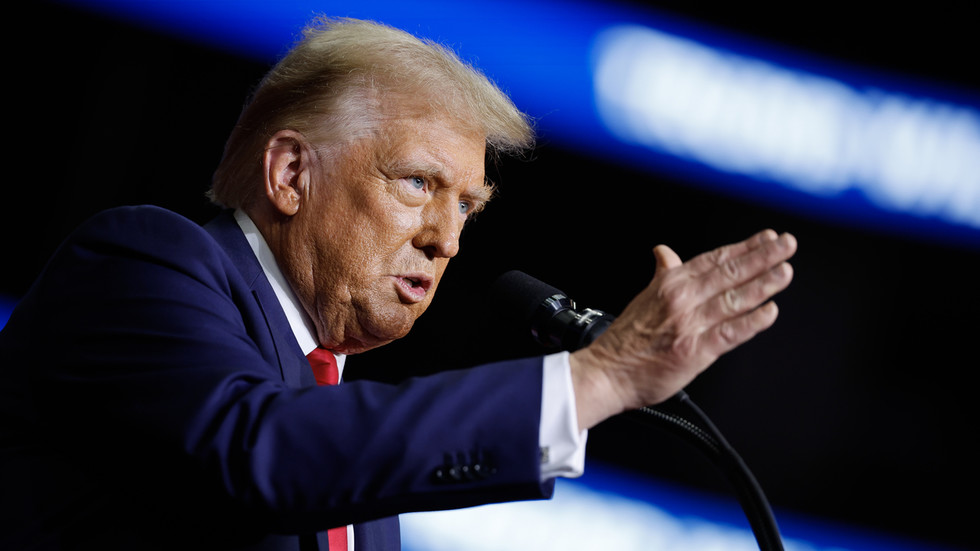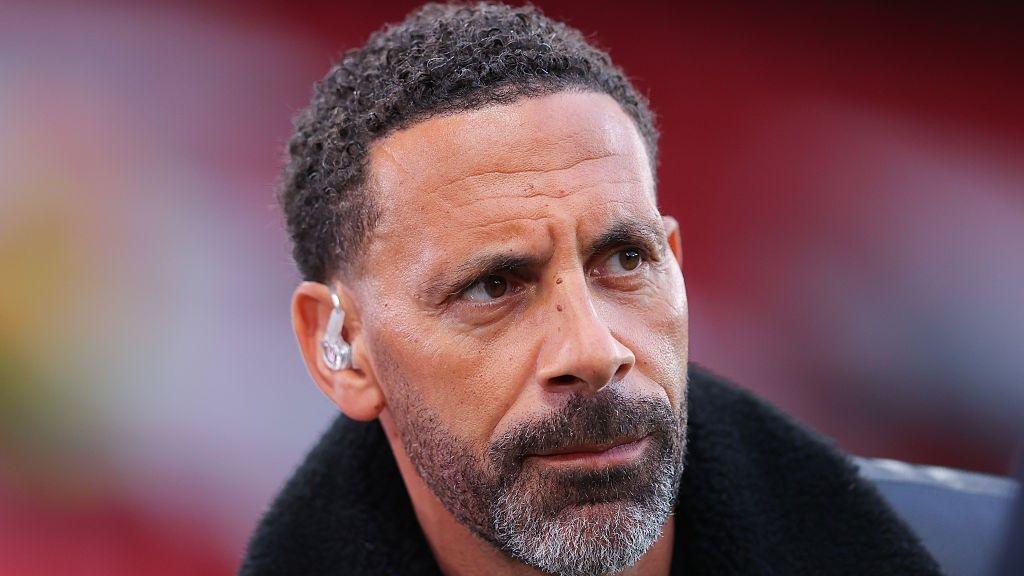The Nigerian government and power-generating companies have finalized a payment plan to settle the presidential power sector debt. According to a statement from the office of the Special Adviser to the President on Energy, Olu Verheijen, this development is expected to restore financial stability and investor confidence in the electricity market.
The debt reduction framework, approved by President Bola Tinubu, aims to address structural bottlenecks and lay the groundwork for large-scale private sector-led investment and sustained economic growth. On October 7, 2025, the Minister of Finance and Coordinating Minister of the Economy, Wale Edun, the Minister of Power, Bayo Adelabu, and Verheijen met with senior executives of GenCos to review settlement modalities for the outstanding debt.
The meeting concluded with a consensus on the way forward, which includes conducting bilateral negotiations to finalize full and final settlement agreements that balance fiscal realities with the financial constraints of the GenCos. The plan, endorsed by the Federal Executive Council in August 2025, authorizes the issuance of up to ₦4 trillion in government-backed bonds to settle verified arrears owed to generation companies and gas suppliers.
This intervention, the largest in over a decade, addresses a legacy debt overhang that has constrained investment, weakened utility balance sheets, and hindered reliable power delivery across the country. Industry leaders, including Tony Elumelu, Chairman of Heirs Holdings and Transcorp Power, and Kola Adesina, Group Managing Director of Sahara Group, have commended the government’s efforts, stating that the initiative gives them renewed confidence in the reform process.
The debt reduction plan signals a strategic reset of Nigeria’s electricity market, enabling new investment in generation capacity, modernizing grid infrastructure, and delivering more reliable electricity to homes and businesses. The government’s focus is on creating the right conditions for investment, from modernizing the grid and improving distribution to scaling embedded generation. By closing metering gaps, aligning tariffs with efficient costs, and restoring regulatory trust, the government aims to attract large-scale private capital and transform reliable power into a catalyst for economic growth.
The Presidential Power Sector Debt Reduction Plan is being jointly implemented by the Federal Ministry of Finance, the Federal Ministry of Power, and the Office of the Special Adviser to the President on Energy, in collaboration with the Nigerian Bulk Electricity Trading Plc and other key stakeholders. The successful implementation of this plan is expected to have a significant impact on Nigeria’s economy, enabling sustained private investment and promoting economic growth.



